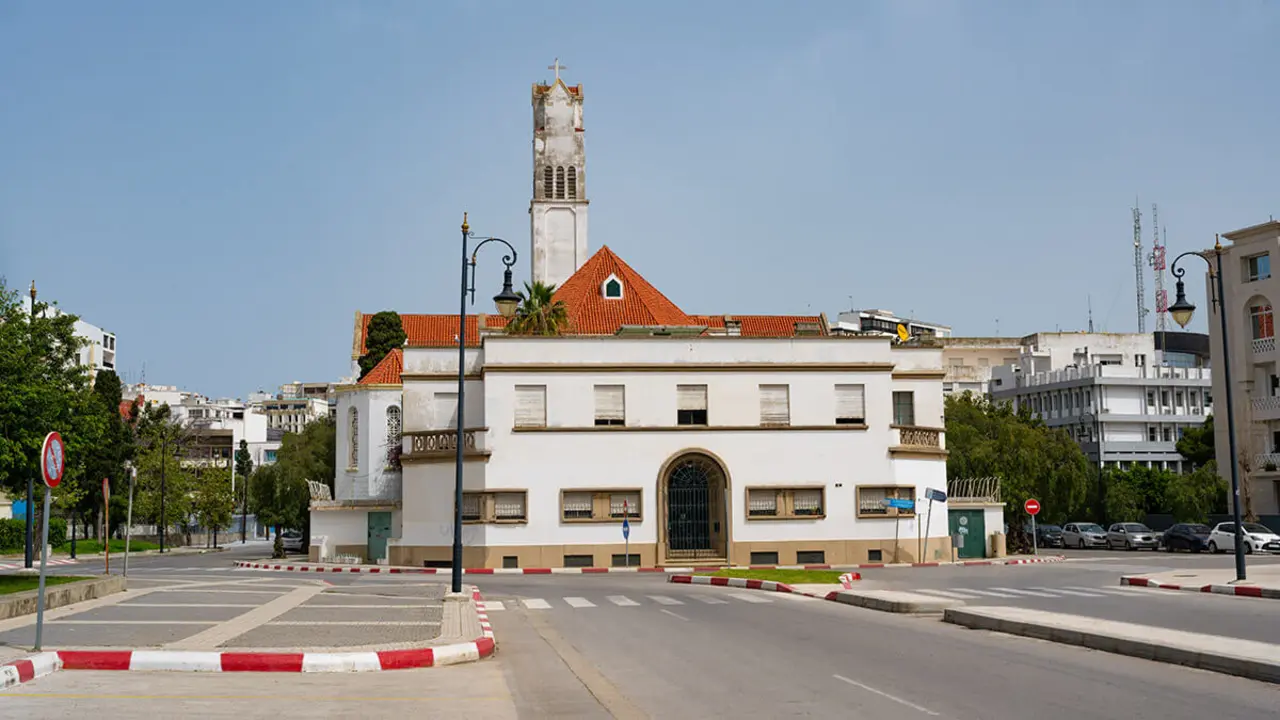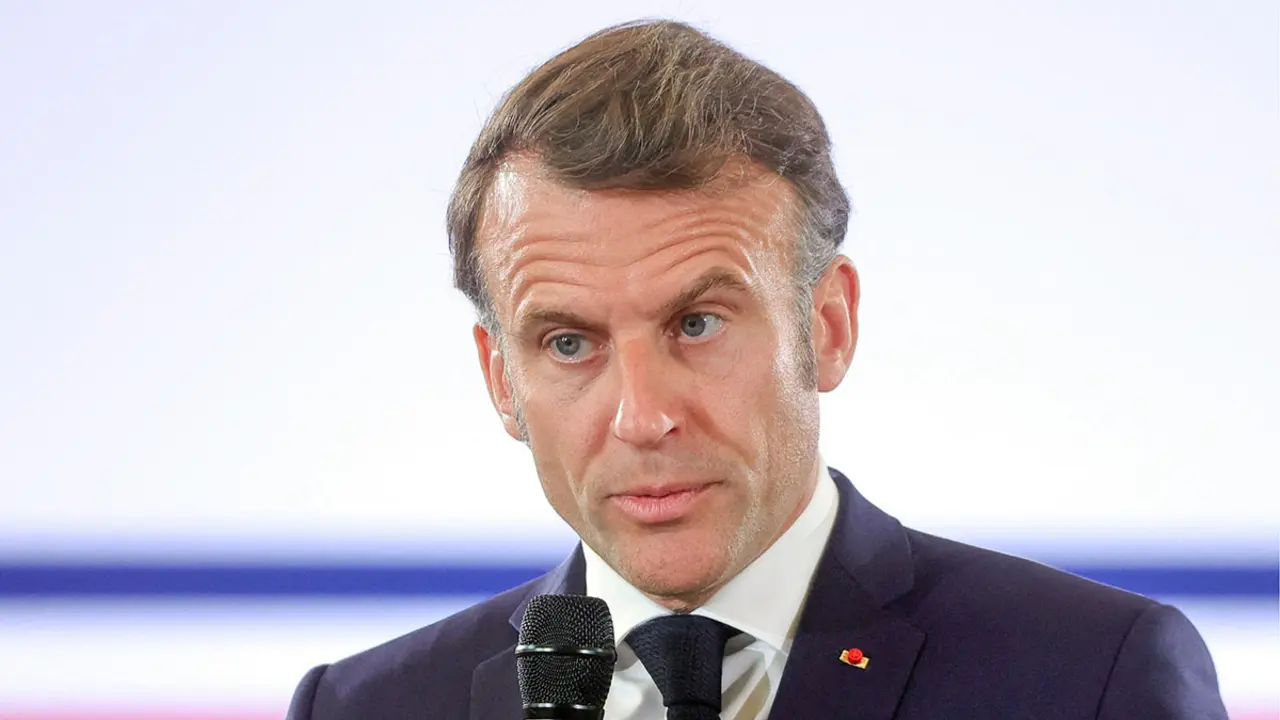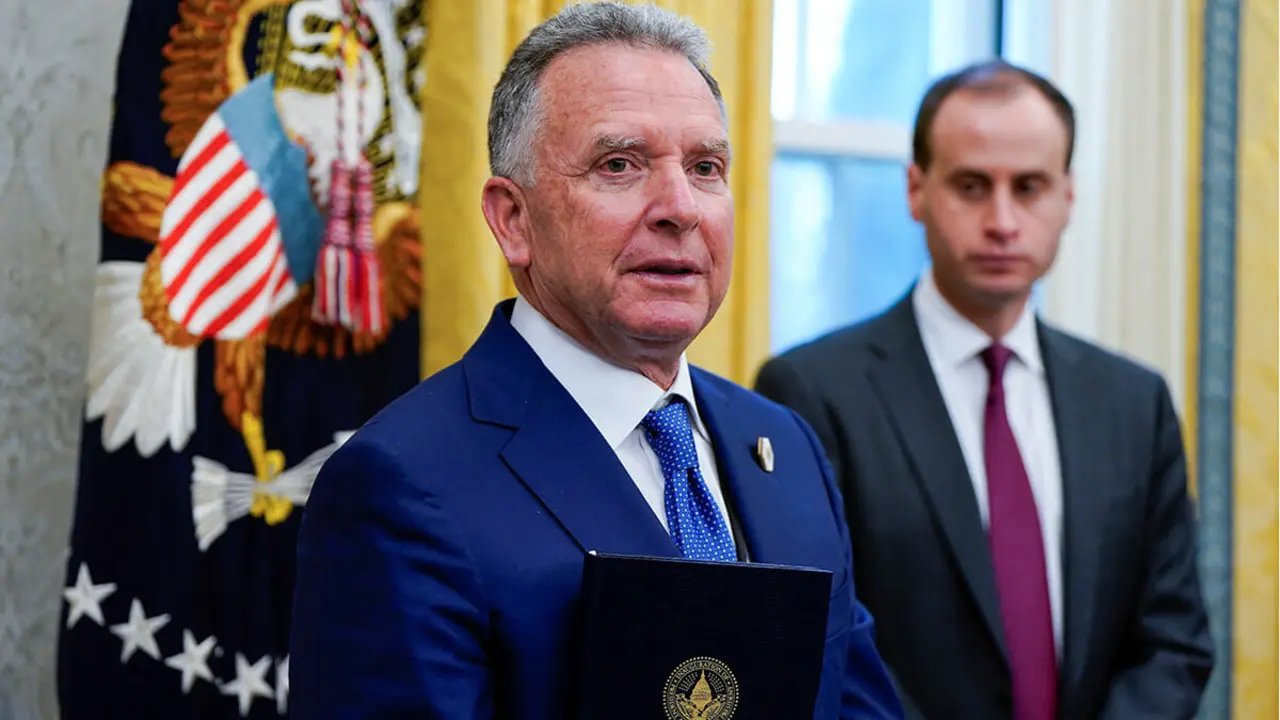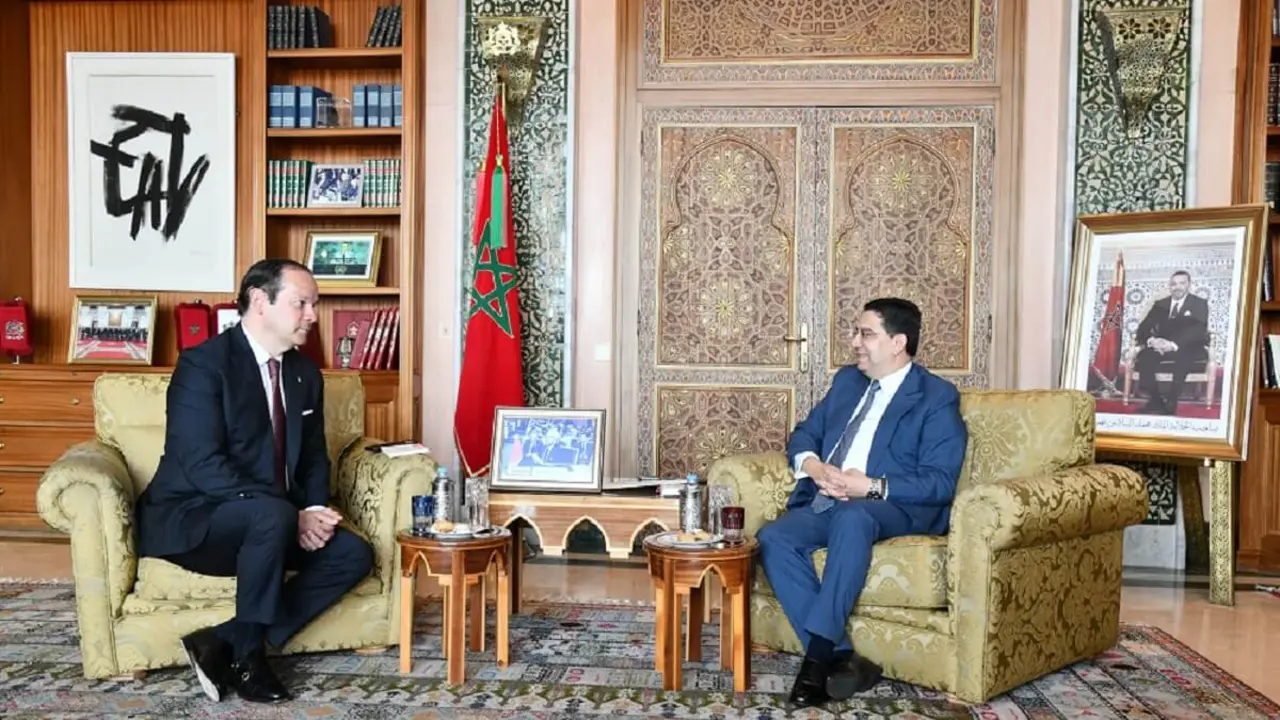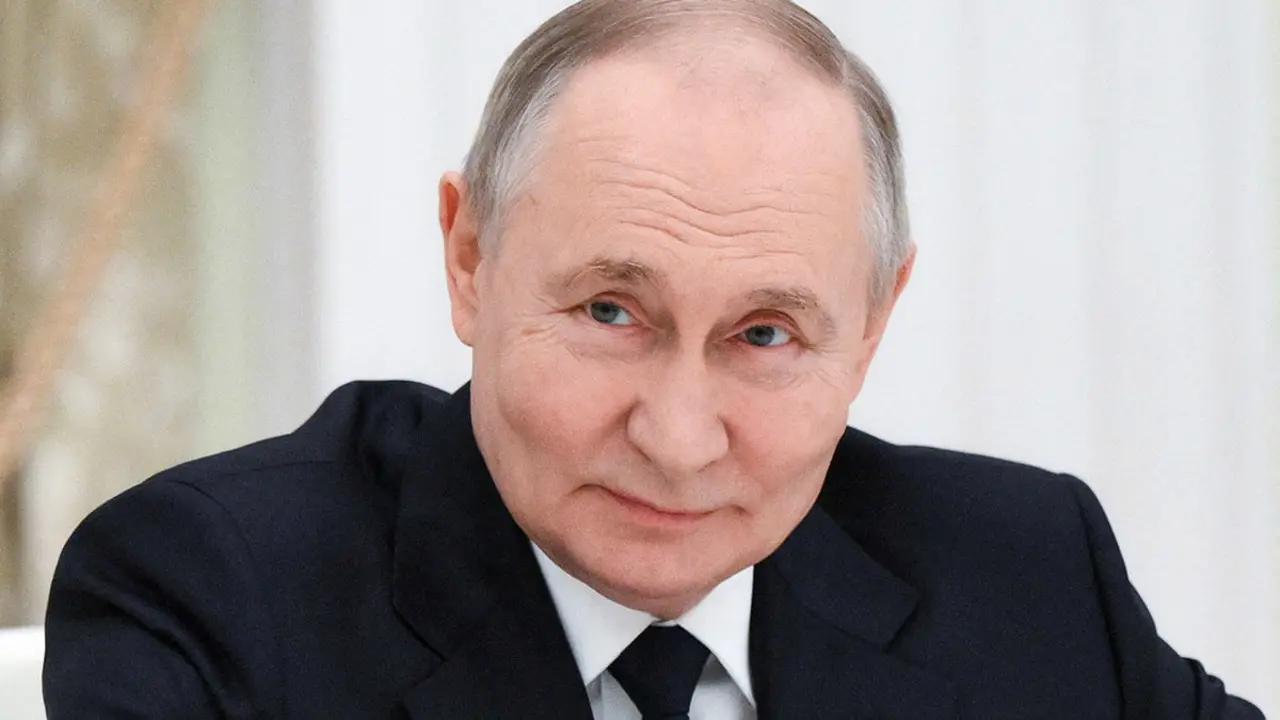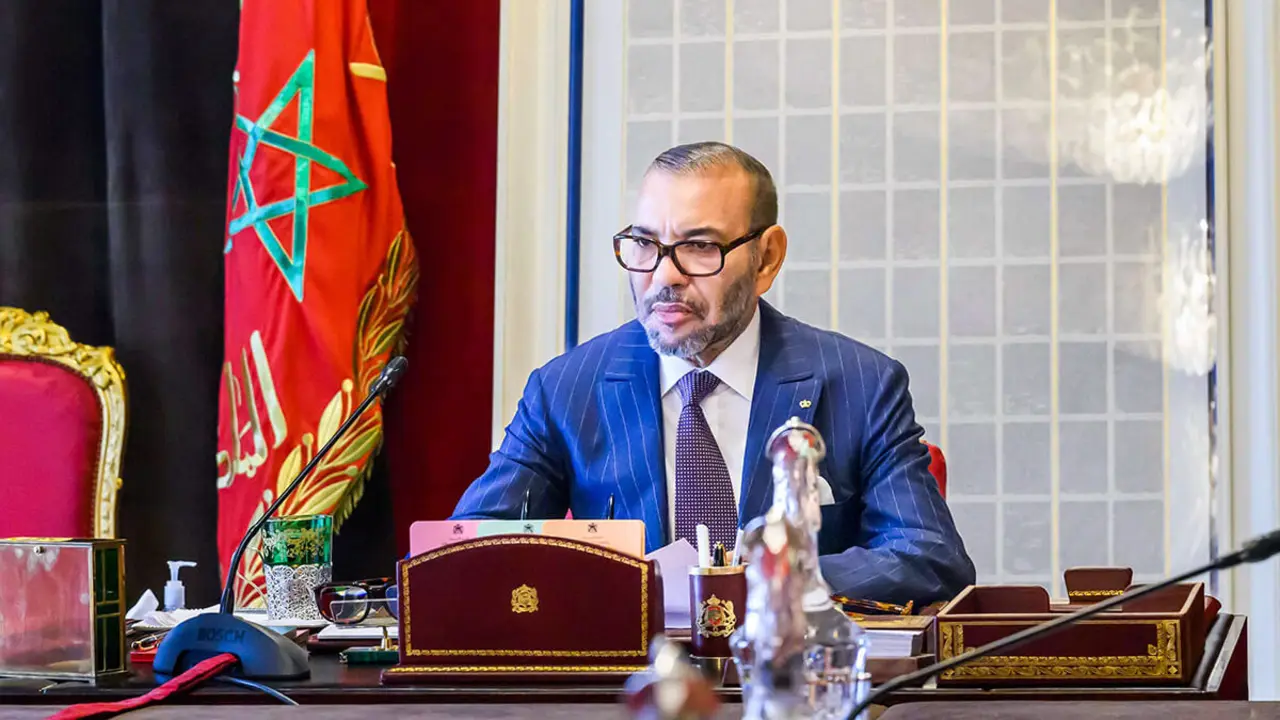Draghi will settle his government's crisis in Parliament
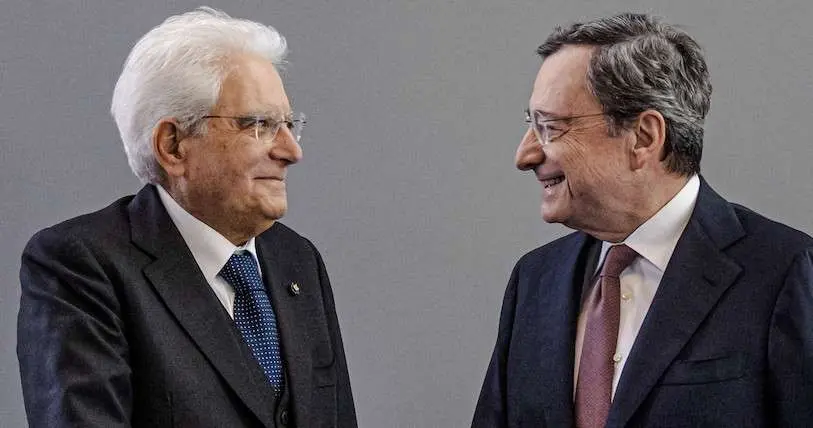
The crisis that the Italian government is going through will be staged on Wednesday in Parliament by order of the head of state, Sergio Mattarella, who rejected the resignation presented today by the Prime Minister, Mario Draghi, after the lunge of one of his coalition partners, the 5 Star Movement (M5S).
Draghi, with the discretion that characterizes him, gathered today all his ministers to inform them that he had decided to resign and put an end to the national coalition government over which he has presided since February 2021, supported by all the groups except by the ultras of Giorgia Meloni.
He then went to the Quirinale Palace in Rome to make his resignation official to the Head of State, who, however, rejected it.
After weeks of tensions, the crisis broke out this Thursday within his coalition when one of his main partners, the M5S, decided not to vote in the Senate a motion of confidence to the same government of which it is part. And Draghi decided to resign.
But Mattarella, who reluctantly repeats his mandate in the highest office in the country, replied to Draghi that the crisis had to be settled obligatorily in the two parliamentary seats, in the Senate and in the Chamber of Deputies, predictably on Wednesday.
"The President of the Republic has not accepted the resignation and has invited the President of the Government to appear in Parliament to give explanations and to make an assessment of the situation that has arisen after today's debates in the Senate," reads a statement from the Head of State.
In this way the former president of the European Central Bank, seen in Italy as one of the most valuable resources of the Republic, will be able to check whether or not he has a majority to meet his goal: to run out the legislature in its natural term, March 2023.

What is happening in Italy?
The coalition has been wobbling for some time on account of a delicate decree with aids to families and companies against inflation that the M5S severely criticizes for seeing it as "insufficient" and for including the financing of a garbage incinerator for Rome.
The problem is that the final vote on the decree was planned as a motion of confidence in the Government, a stratagem frequently used in Italian politics to speed up the passage of laws, since it prevents amendments from being tabled.
And, in a paradoxical and convoluted move, the Five Stars decided not to vote the motion of confidence on the same Government of which they are part.
A kind of "harakiri" in which some glimpse the desire of the M5S to move to the opposition and try to regain the electorate lost after the last setbacks at the polls and in view of the imminent election campaign.
Between the "Draghi bis" and the elections
Throughout this rough Italian day, while the beaches overflowed, national politics was divided between those who aspire to keep Draghi in power, with or without the M5S, and those who foresee "giving back the word to the Italians".
The leader of the Democratic Party (PD, center-left), Enrico Letta, urged Draghi to go to Parliament to "verify" whether he can remain in government, an option that no one rules out because Draghi's resignation was not accompanied by the epithet "irrevocable."
"I think that at this moment it would be very important the continuity of the Government," referred Letta, who in recent days has defended that without Draghi the other option was to bring forward elections.

Other coalition parties, such as Matteo Renzi's centrist Italia Viva or Together for the Future, the M5S split led by the current foreign minister, Luigi Di Maio, loyal to Draghi, expressed themselves in the same terms.
The ultra-right-wing Matteo Salvini, who also supports the Executive, called for an early election, while Silvio Berlusconi's conservative Forza Italia only expressed concern about Italy's economic, social and business situation.
Dark clouds in the Italian sky
The main concern for the country is that the government crisis is occurring at a difficult time, in the midst of soaring energy prices, with inflation soaring and in the midst of a strategy to diversify and end dependence on Russian gas after the invasion of Ukraine.
But it is also worrying at the European level, as Letta said: "If Draghi's government falls, Italy will be the third country, after France and Great Britain, to enter a situation of deep difficulty", he warned his political partners.
For the moment, only with the rumors of resignation, the Milan Stock Exchange plummeted today by 3.44% at the close and the risk premium reached 225 points.

